Hi, I am Andy Deary, Head of Compliance and Enforcement for the UK Government’s Blue Belt Programme. I am based in the Marine Management Organisation. There are a number of challenges we face, in terms of effectively monitoring large scale Exclusive Economic Zones (EEZs) in remote areas like the UK Overseas Territories.
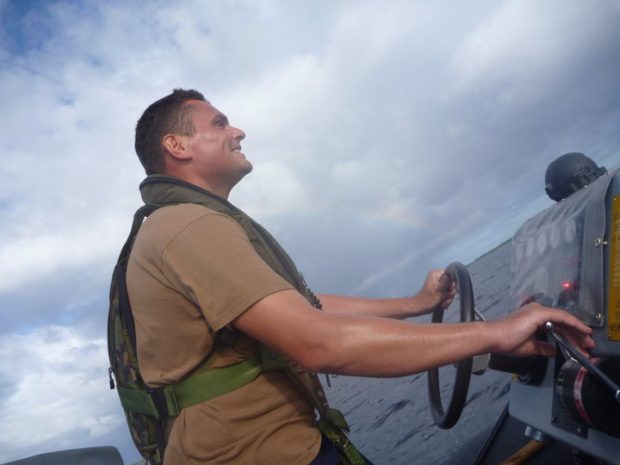
We currently use a number of different systems to cross-reference our intelligence, so that we can target enforcement at those parts of the oceans where and when we believe illegal fishing is most likely to take place. For example, we can access The Automatic Identification System (AIS). This is an automatic tracking system with which many vessels are fitted. Vessel stations include a GPS (Global Positioning System) transmitter which then allows us to track both the vessel's position and also its movement.
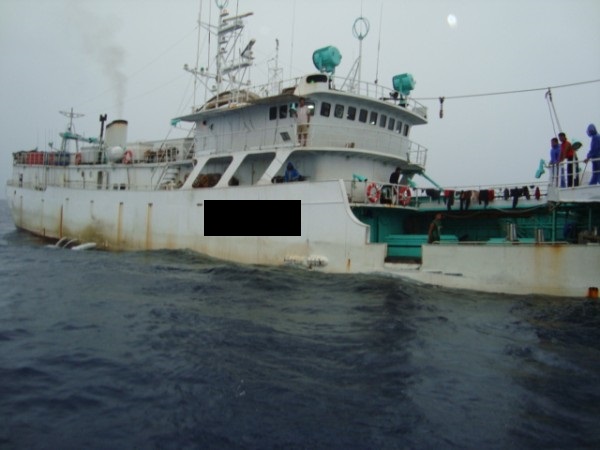
We also contract independent satellite monitoring, to cross-reference the data we receive from AIS with the actual detailed images that are shown in near real time on satellites. For example, we know that some illegal fishing operators deliberately switch off their AIS tracking devices or hack the device, so that it gives a false reading, suggesting that the boat is in a different place to where it actually is. These are called “dark vessels”. The very fact that we are able to identify inconsistencies in data may be a reason for us to further investigate, and notify local enforcement patrols to target their enforcement activities in the area where we suspect the vessel to be. We also receive intelligence from vessels undertaking legitimate activities such as Ocean Cruise Liners, or legal local fishing vessels. These intelligence reports also provide vital information that can help us further investigate potentially illegal activities.
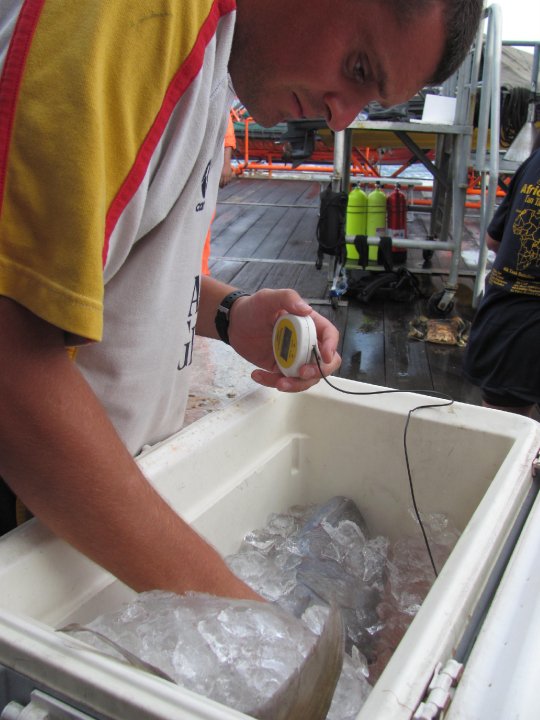
It’s not easy. We need to be constantly vigilant. The simple fact is that the UK Overseas Territories are scattered across the world’s oceans. They are spread all the way from the Atlantic to the Indian Oceans and also includes areas like British Antarctic Territory (BAT). The added challenge we face in BAT is that occasionally our satellite readings falsely identify icebergs as illegal fishing vessels! This sometimes requires a manual workaround, which can be resource intensive. The Blue Belt territories represent the most remotely inhabited locations in the world. This poses a huge challenge: coastal states that have large EEZs but limited capital and capacity resources can obviously struggle to deliver effective enforcement, using their domestic legislation to counter illegal fishing. That is why the UK Government’s Blue Belt Programme has tasked the Marine Management Organisation to deliver a range of risk based, intelligence-led methodologies, so we can help the territories target their enforcement resources most effectively.
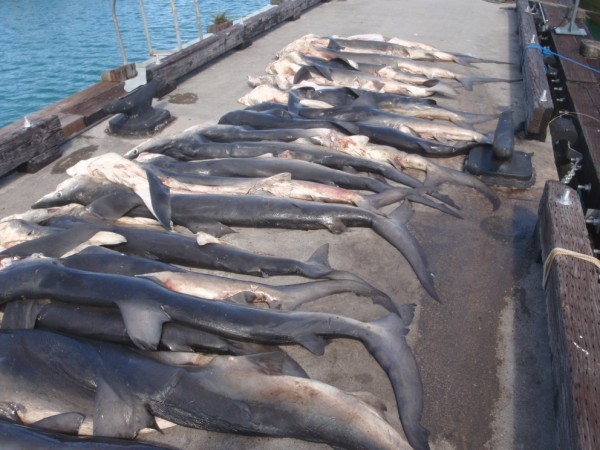
We are also currently researching a number of new and emerging technologies, such as drones and passive acoustics. These are unmanned, but they may have the potential in the future, as we develop the technology further, to provide much closer coverage for the Overseas Territories and to allow them to target their enforcement activities.
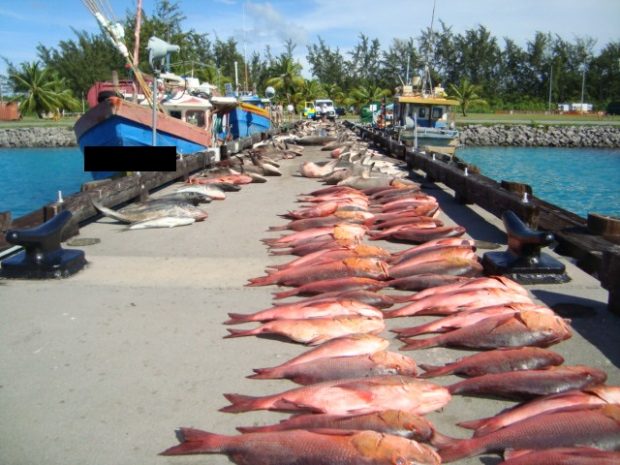
It’s an exciting time to be involved in this sort of work. But such is the scale of the challenge, across the globe, that resourcing our capabilities requires extensive partnership working. Better co-ordination between flag states, and international standards of enforcement will help, but ultimately we have to resource our enforcement to protect our precious marine environment. Fortunately, the UK Government has world-leading experience in the form of MMO monitoring and surveillance. We also work closely with our partners in the Royal Navy and with the environmental industry and NGOs. But we mustn’t underestimate both the scale and the urgent nature of the challenge: Illegal, Unregulated and Unreported fishing (IUU) costs the global economy $20bn annually. It is also a cover for other illegal activities such as slavery and smuggling.
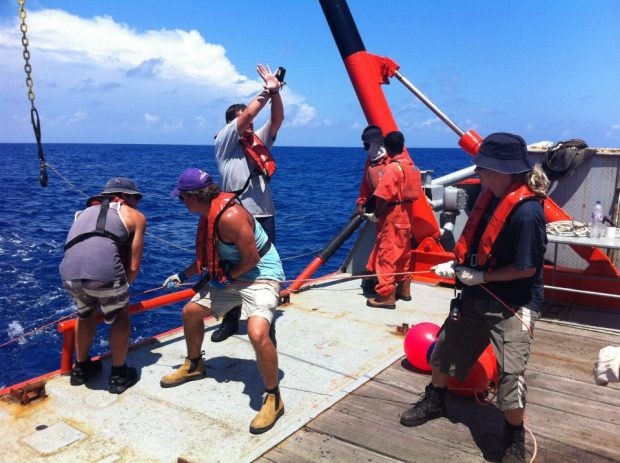
3 comments
Comment by Cllr Kay Cutts MBE posted on
I heartily endorse a proactive approach towards those illegally fishing in our territorial waters. It's easy to talk conservation, but a bit more difficult to carry it out.
Comment by David Lyall posted on
Great article Andy, many thanks for the excellent work you and your team are doing on behalf of the MMO. It's vital that we maintain this commitment to support the UK Overseas Territories in fighting illegal fishing.
Comment by carlharvey posted on
Thank you for your kind words